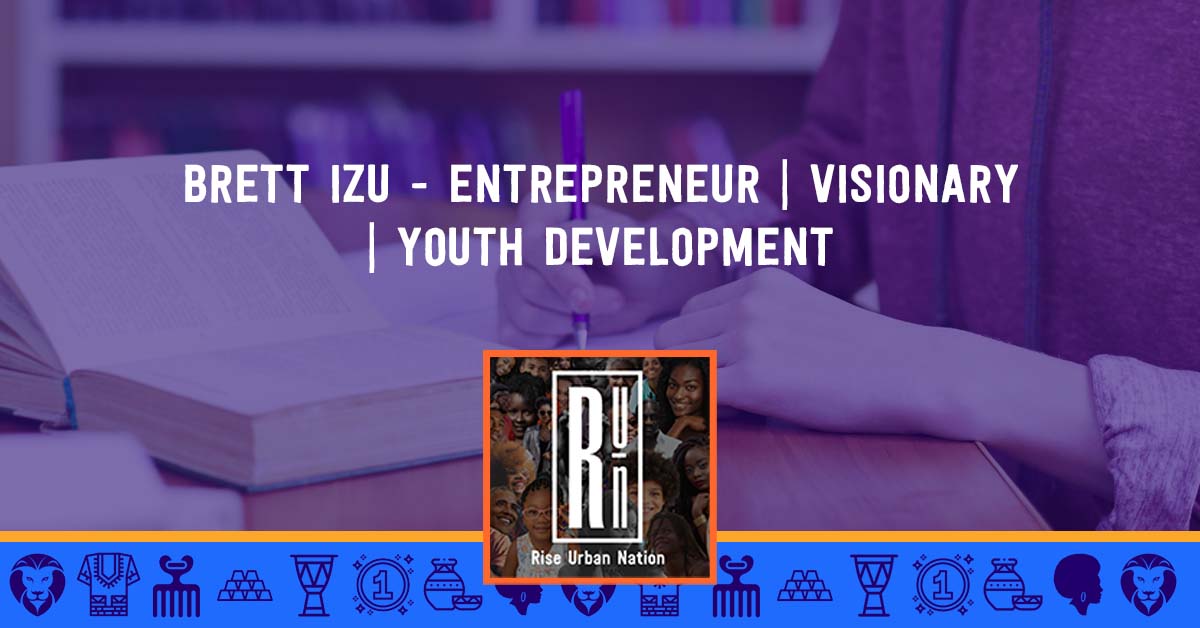10 Great Small Business Grants for Black-Owned Businesses
Eighty percent of Black-owned businesses fail within the first 18 months. That's scary. But before you think about closing up shop, remember the benefits of being a small business owner.
You get to set your own schedule, determine your own work hours, and have the freedom to innovate and grow in ways that large corporations cannot. Of course, there are the minor challenges that come with any business venture: starting up, costs money, it's hard to get funding, and competition is stiffer than ever before. That's why grants—free money from the government—are so valuable.
For Black-owned business owners who want a leg up on their competitors with little or no capital, a grant could be the difference between success and failure. And right now, there are countless grants available to you.
Reading about all of them could take months, so we compiled a list of ten that we think are the most valuable and relevant to Black-owned businesses. Let's dive in.
1. The Coalition to Back Black Businesses Grant
The Coalition to Back Black Businesses came about when a group of entrepreneurs in the Washington, D.C., Maryland, and Virginia areas saw a gap in resources for small businesses led by people of color. Its mission is to provide financial help to eligible small business owners who are working hard to grow their companies and create jobs for others but need help getting over certain hurdles.
The Coalition awards grants that are valued at $5,000 each. A select few businesses may receive $25,000 enhancement grants in Summer 2024.
To qualify, your company must be at least 51% Black-owned. The business must also have between 3 and 20 employees, including you. It also can't be a part of a large franchise (25+ corporations or 250+ stores).
2. SBA 8(a) Business Development Program
The SBA 8(a) Business Development Program helps socially disadvantaged small businesses gain a share of federal contracting dollars. The program awards at least 5% of all federal contracts each year.
This grant is open to businesses that are majority-owned by individuals who experience cultural bias because of their race—and whose financial circumstances were threatened as a result.
You must have a personal net worth of $750,000 or less and assets totaling no more than $6 million. Your business can either be at least 2 years old or show potential for success if it's new.
3. FedEx Small Business Grant Contest
Each year, the FedEx Small Business Grant Contest awards 12 companies with grants of up to $50,000 each. If you've been open for 6 months with under 100 employees, look into this small business funding option. The only downside is that it's a contest, so the offer isn't always available.
The FedEx Small Business Grant Contest deadline is usually within the first 6 months of the year, but the next dates for the contest have not been finalized. Visit FedEx's website to sign up for email updates so you can be on top of the next contest's start date.
4. National Employment Association for the Self Employed
The National Employment Association for the Self Employed (NASE) is a non-profit organization that provides small business grants and mentorship. The grant application process is competitive, but the organization provides funding for a variety of projects, including business start-up, expansion, and marketing. Grants of up to $4,000 are available for businesses.
To be eligible for a grant, you must be a NASE member and meet specific criteria. This includes detailed use of the proceeds of the grant and a review of your business needs.
5. The Rural Business Enterprise Grants (RBEG) Program
The Rural Business Enterprise Grants (RBEG) Program offers grants to rural small businesses. RBEG grants usually range from $10,000 to $500,000. However, there is no limit on how much the grant can pay.
For this grant, your business must earn less than $1 million per year (gross revenue), have under 50 workers, and operate in an economically challenged area.
6. Power Forward Small Business Grant for Black-Owned Businesses
The Vistaprint and Boston Celtics Shamrock Foundation administer this grant. The reward is up to $25,000 and will allow recipients to be featured on national co-branded platforms. They will also receive marketing and design resources.
This grant requires your business to have under 25 employees and be based in Massachusetts, Maine, and other selected areas. Applicants should be able to show how the impact of their business extends beyond its walls and what they plan to do with $25,000 in grant money.
7. Backing the B.A.R.
The Backing the B.A.R initiative is an NAACP project that provides support, education, and grants for black-owned bars, restaurants, nightclubs, and liquor stores. Each cycle, the program will award $10,000 to 35 new and growing businesses. Business owners must be at least 51% black owned with a liquor license or aspirations for one.
8. IFundWomen
If you're a Black woman who's passionate about their company, IFundWomen may give you the funding you need to thrive. The organization's grants hub provides a collection of grant opportunities organized by deadline.
Visa and IFundWomen have partnered to offer grants for Black women of up to $10,000 for their business operations. To qualify:
- Be a woman-owned business
- Your business must be for profit
- You must be a U.S. citizen
9. Grants.gov
If you're looking for a government-funded, small business grant, Grants.gov is a great place to start. The site includes information about both federal and private grants for small businesses—and for individuals who want to start their own businesses.
The platform also offers tips on how to apply for different grants and funding opportunities, as well as information about what types of grants are available in certain industries or regions of the country (such as rural areas).
10. Amber Grants For Women
The Amber Grant Foundation provides grants to women-run businesses. The foundation awards monthly grants of up to $10,000 each to help female entrepreneurs launch their businesses.
Grants can go up to $25,000 and are funded by the Amber Grant Foundation and its supporters. Once you apply for a grant, you'll have to pay a $15 application fee before they review your business idea.
Ways to Know a Grant Is Worth Pursuing
Sometimes, grants can feel like you're asking for a handout. You might think you've failed as a business owner if you need help to get your company off the ground. It's not that cut and dry.
Grants are based on merit, so you won't be accepted if your idea is not feasible or well-thought-out. So receiving a grant is actually an enormous accomplishment. But if you're still unsure about it, here are three ways to know if a grant is worth pursuing:
Your Business Is Impacting Your Community
If your business is having a positive impact on your community, this can be a key to getting a small business grant.
For example, if you are creating environmentally friendly products or working with local farmers and food producers to create more sustainable methods of production, a grant can help you assist your neighborhood even more.
Community impact can be measured in many ways. If you help create jobs for local people, that's something worth noting! If your company hires people who have struggled with unemployment or poverty before, it's a necessity in your community and deserves a reward.
You Have a Sound Business Plan
If you have a sound business plan, a grant application may be easier for you than for others.
A business plan is a document that describes a company's future, business goals, and how it plans to achieve them. It also shows investors or lenders what they can expect from their investment in your company. A well-
written plan can help you attract grant programs that believe in the same things as you do.
When writing your business plan, include:
- A description of what your company does (and why people should care)
- An analysis of the market where you operate
- Financial statements showing past performance, projected targets, and assumptions about future growth
- Explanation of your business's unique selling point
- Partnerships and shareholders
- How much funding is needed
- Areas where your business can improve (i.e., why funding is necessary)
Empower Your Small Business
We hope this article has shed some light on the grant opportunities that are available to help Black-owned businesses grow and flourish. The more successful enterprises we have, the stronger our community becomes.
Black business owners have a lot of work to do in order to combat the racial disparities they continue to face. Stay informed of the opportunities for Black entrepreneurs by reading our blog. You'll find a wealth of information on navigating the world of Black business.











